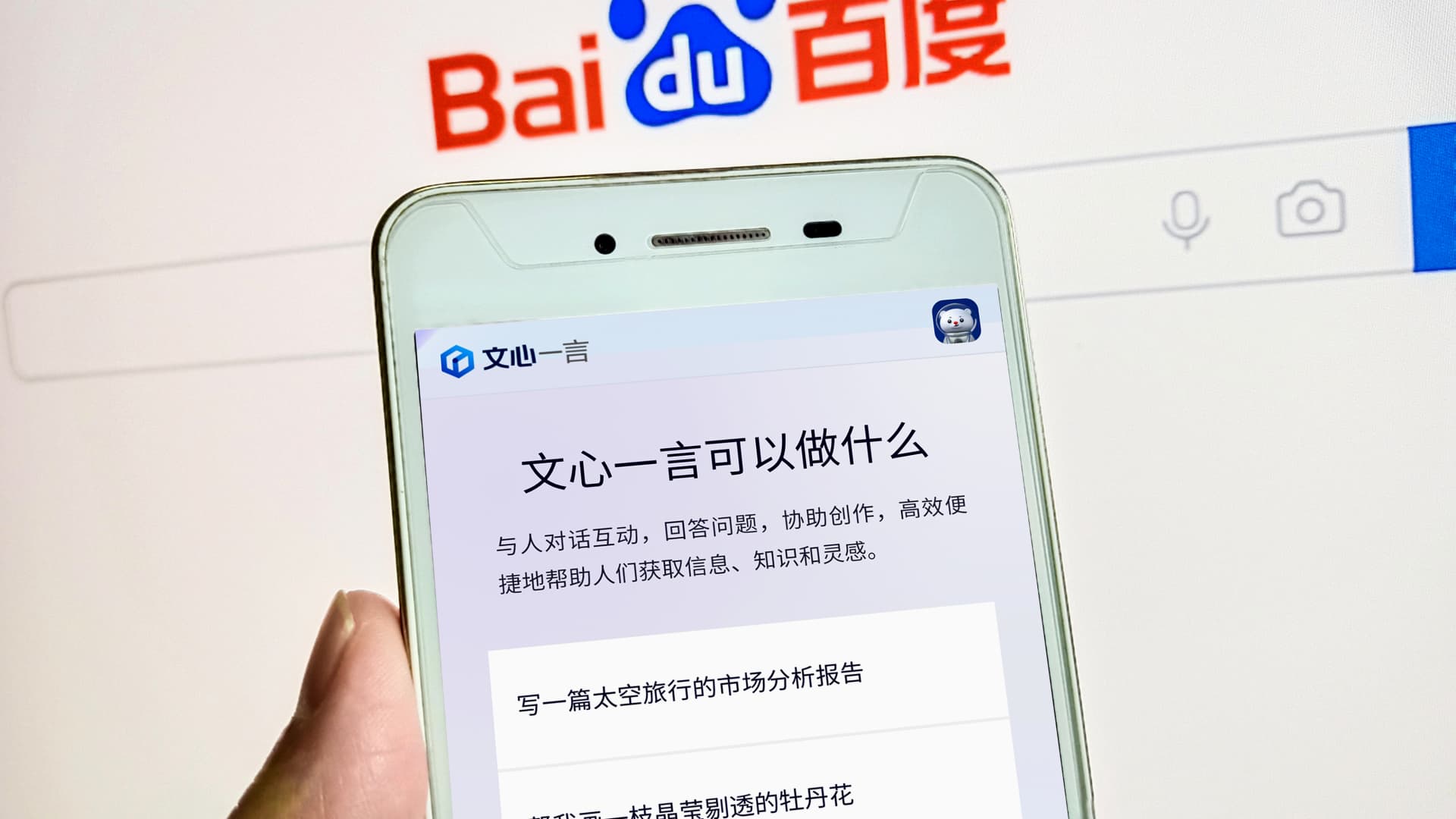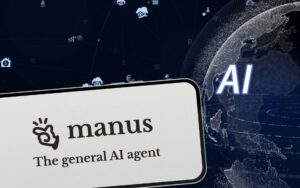Baidu, formerly a leader in China’s generative AI sector, is striving to restore its standing.

Introduction to Baidu’s New AI Models
Chinese technology giant Baidu has made headlines by unveiling two new artificial intelligence models. This move comes as the company seeks to reassert its dominance in China’s competitive AI landscape. The newly released models include a reasoning-focused model and a shift towards an open-source licensing strategy, showcasing Baidu’s commitment to advancing its technology.
Key Features of the New Models
Baidu’s latest artificial intelligence offerings mark a significant step forward:
- ERNIE X1 Reasoning Model: This model breaks down complex problems into smaller parts and considers multiple solutions before generating a response. It aims to mimic human-like reasoning abilities.
- Open-Source Strategy: By adopting an open-source model, Baidu hopes to broaden its competitive edge in the AI market, which has already witnessed innovations from new players like DeepSeek.
Experts indicate that while these models may enhance Baidu’s competitiveness, the company is still playing catch-up in the rapidly evolving field of AI. Lian Jye Su, a chief analyst at Omdia, noted that the introduction of these models represents a much-needed development to elevate Baidu’s position, which had been lagging behind more innovative counterparts.
The Competitive AI Landscape
The global race for AI supremacy has heightened with the emergence of startups and established tech companies that have rapidly developed their own advanced models. In January, DeepSeek introduced its R1 reasoning model, which has proven to be a formidable player against American competitors, all while being offered at a much lower price point.
Baidu claims that its ERNIE X1 matches the performance of DeepSeek’s model but at half the cost, highlighting its abilities in understanding, planning, and reflection. However, the actual validation of these claims by independent sources remains unverified.
Challenges Faced by Baidu
Despite initial traction after launching its generative AI platform in 2023, Baidu’s Ernie bot struggled to capture a significant user base due to:
- Increased Competition: Major players like Alibaba and ByteDance have introduced their own AI technologies, overshadowing Baidu’s advancements.
- Slow Pace of Innovation: According to Ray Wang from Constellation Research, Baidu’s focus on proprietary models might have hindered its ability to innovate quickly. The firm has also faced challenges from government regulations that diverted its attention.
Baidu’s reliance on proprietary models, which keep their source code confidential, limited its adaptability compared to open-source alternatives that allow developers to modify and enhance functionalities. This shift to a more open-source approach suggests Baidu is trying to learn from its competitors, fostering collaboration and adaptability in AI development.
Baidu’s Advantages in AI
Despite the challenges, Baidu retains significant strengths that may enable it to carve out a leading position in the AI sector:
- Extensive User Base: Baidu’s established applications, including its search engine and social platforms, provide a wealth of data crucial for training effective AI models.
- Data Access: Access to diverse and extensive datasets is essential for AI development. Baidu’s extensive reach in consumer services allows it to maintain competitiveness as long as it stays innovative.
The company’s CEO, Robin Li, has expressed optimism about generative AI becoming the cornerstone of Baidu’s offerings, referring to it as a "killer app" for the AI age.
Conclusion
In summary, Baidu’s new AI models are a pivotal development for the company, signaling a shift towards improved competitiveness and innovation within the industry. While challenges persist, Baidu’s existing infrastructure and user base position it well for future advancements in the field of artificial intelligence.





